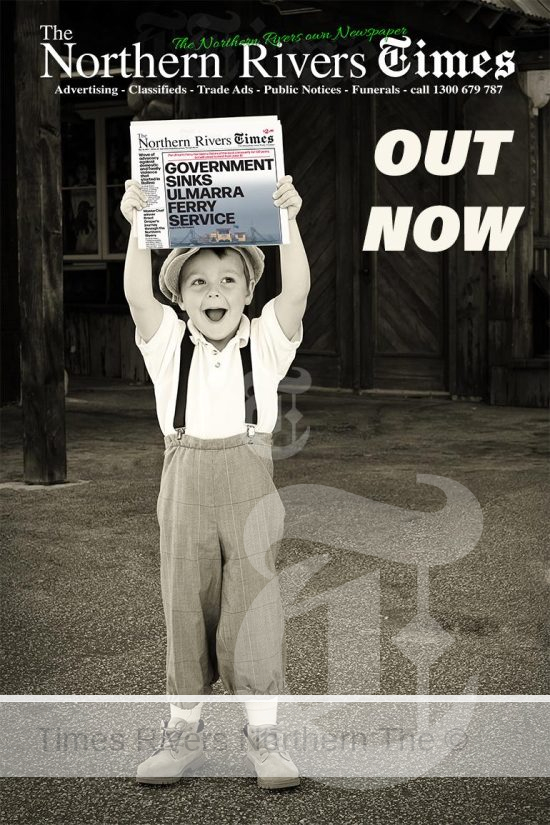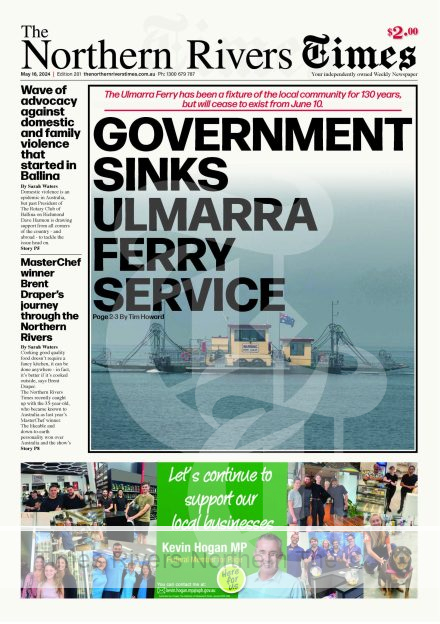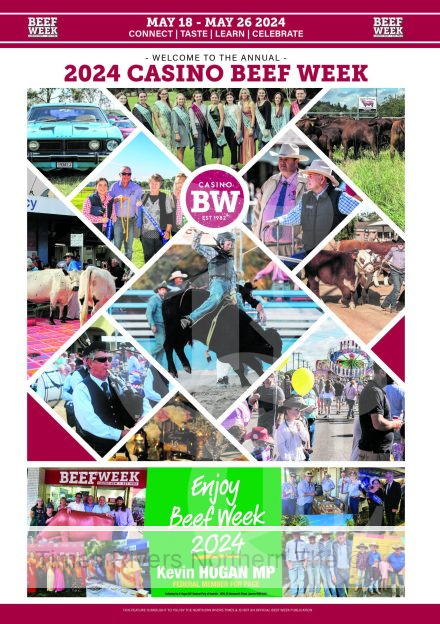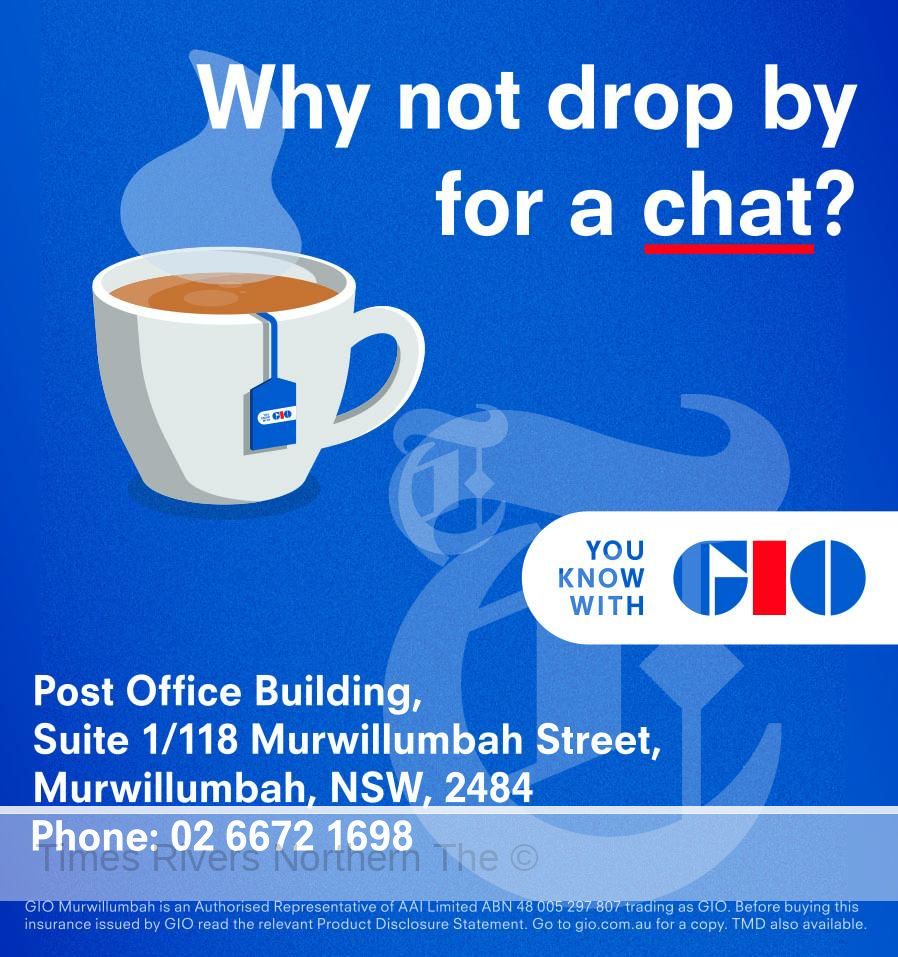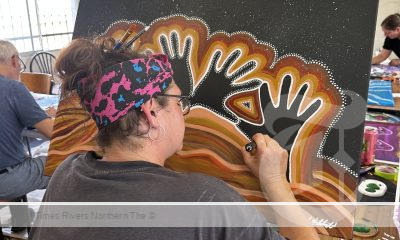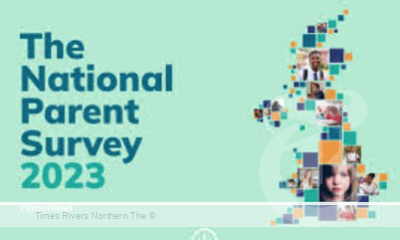Brunswick Heads helps to combat plastic waste
By Sarah Waters
Close to 6000 takeaway items have been saved from the landfill after a nation-first litter reduction campaign in Brunswick Heads encourages residents to simply return their cutlery.
The ‘Bring it Back Bruns’ campaign was a six-month trial, which involved five environmentally conscious businesses serving food and drinks in reusable containers.
Advertisements
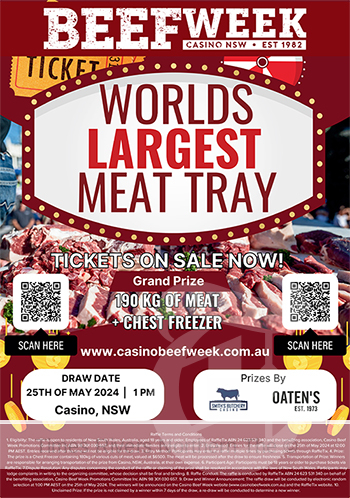
After customers finished eating, they returned the reusable items, including straws, containers and smoothie cups, to the shop or a public collection bin for washing.
Over the trial period 2907 reusable items were collected and washed from the public collection bins by contractor Green My Plate.
A similar number of items were returned and washed by participating businesses – Brunswick Heads Health Food Shop, Cadeau, Bernardis Gelato, In the Pink and Rosefina’s Place.
Byron Shire Council’s Resource Recovery Strategy and Engagement Officer Sarah Child said surveys of litter before and during the trial of ‘Bring it Back Bruns’, indicate that takeaway litter had reduced by 30 per cent.
“Because this is the first time in Australia that anyone has run this sort of project, we didn’t know what to expect but the results are terrific,” Ms Child said.
“While people can still borrow and return containers to Bernardis Gelato, Rosefinas Place and the Brunswick Heads Health Food Store, we are now assessing all the data and have reported back to the NSW Environment Protection Authority
“This project was all about getting people to think about the waste they generate – businesses and consumers – and encouraging them to play their own roles in reducing single-use takeaway litter.
“The response from the Brunswick Heads community, businesses included, was very positive and what we were able to do in Bruns will no doubt be trialled and replicated in other parts of Australia as we collectively continue to prevent litter and reduce waste,” she said.
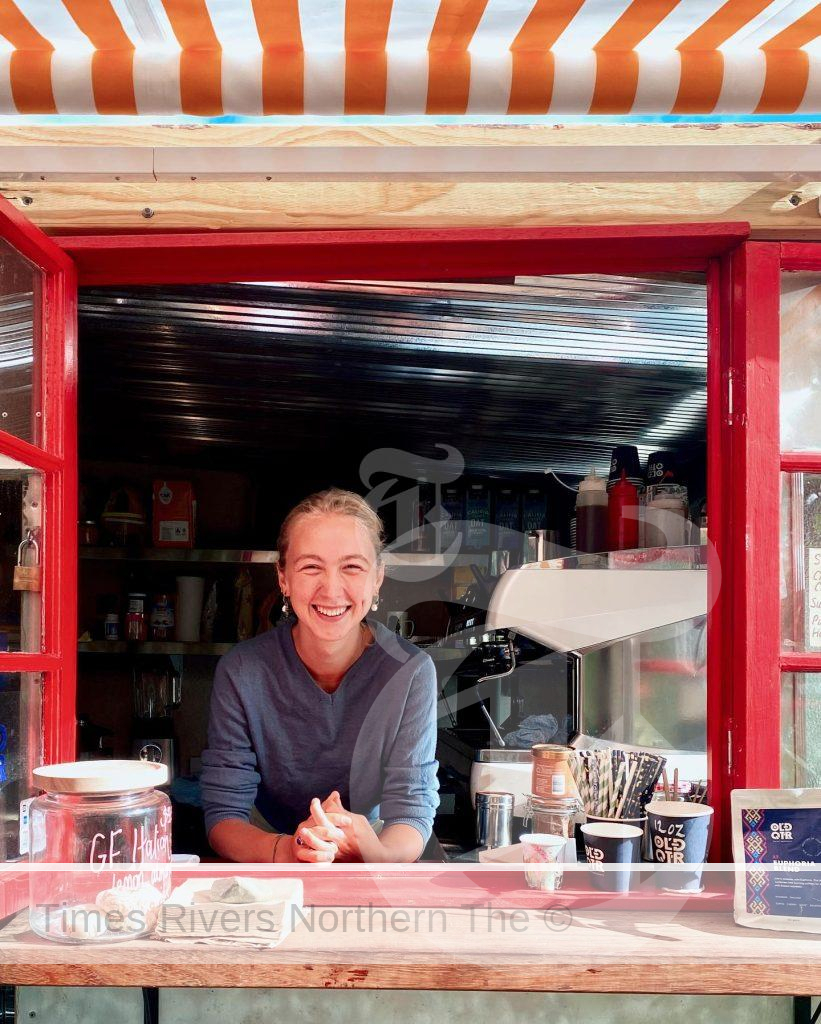
Owner of Rosefina’s Place Josie Richardson encourages dine-in customers to bring back their plates and cups so they can be washed and reused.
Owner of Rosefina’s Place Josie Richardson said she wanted to become involved in the campaign after realising how much rubbish she was taking out each day over the busy summer period.
“We’re a mobile vendor – last summer we were very busy, and I just couldn’t believe how often I would be emptying the bins that the customers use and seeing all the takeaway containers in there,” Ms Richardson said.
“It felt like I might be emptying the bin three or four times on a busy day, it seemed like so much waste and it frustrated me a lot to see that.
“When I saw there were other businesses in town involved in the campaign, I wanted to get on board,” she said.
Rosefina’s Place uses bioplastic cups and cardboard trays, but Ms Richardson said she was still conscious of the amount of energy and resources it took to produce those items.
She has continued with the reusable scheme and customers have been more than happy to return their ceramic trays and cups to the bins for washing.
“One of the major issues was that we had to make it really clear that the reusable items didn’t go in the recycling bin.
“I think the more widespread the program is, and the more people are seeing these (reusable) bins and understanding their purpose, the better it is going to be.
“Someone was saying that they had heard of a festival in Europe where they only had reusable containers in the whole festival – I think we need a situation like that where there is no overlap and you’re not accidentally throwing the wrong thing away.”
The ‘Bring it Back Bruns’ campaign was funded through a NSW Environment Protection Authority (EPA) litter prevention grant.
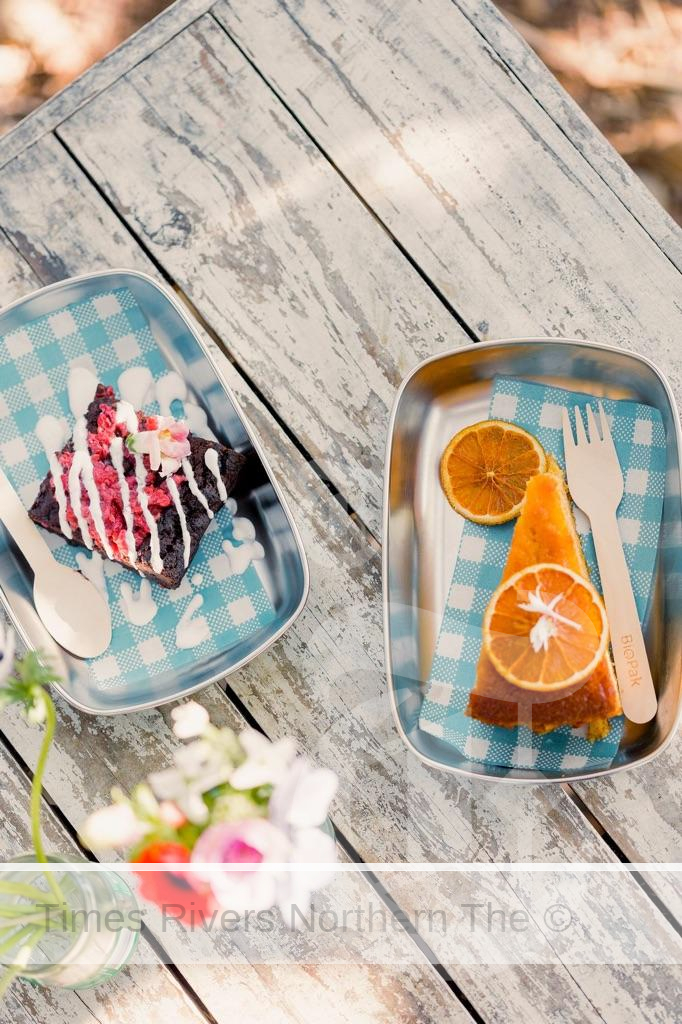
Bring the plate back.
The problem with Plastic
Single-use plastic accounts for the majority of plastic thrown away worldwide.
According to The Minderoo Foundation it is the most likely of all plastics to end up in the ocean and it is estimated that five to 13 million metric tons of it enters the ocean each year.
Single-use plastics will eventually only break down into microplastics which cause great harm to the environment and is often consumed by marine life.
Microplastics have been found in plankton, whales, commercial seafood and even drinking water.
Everyone can help by avoiding single-use items and recycling waste properly.
For more local Byron Bay news, click here.



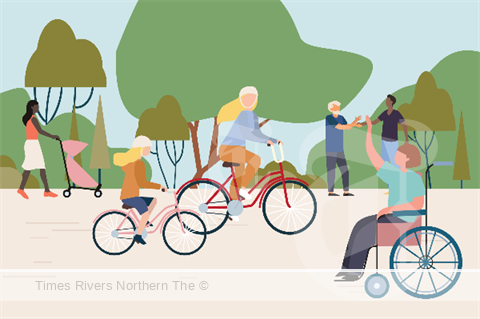

 Tweed Shire News2 years ago
Tweed Shire News2 years ago
 Motoring News1 year ago
Motoring News1 year ago
 COVID-19 Northern Rivers News3 years ago
COVID-19 Northern Rivers News3 years ago
 COVID-19 Northern Rivers News3 years ago
COVID-19 Northern Rivers News3 years ago
 Northern Rivers Local News3 years ago
Northern Rivers Local News3 years ago
 Health News3 years ago
Health News3 years ago
 COVID-19 Northern Rivers News3 years ago
COVID-19 Northern Rivers News3 years ago
 NSW Breaking News3 years ago
NSW Breaking News3 years ago























